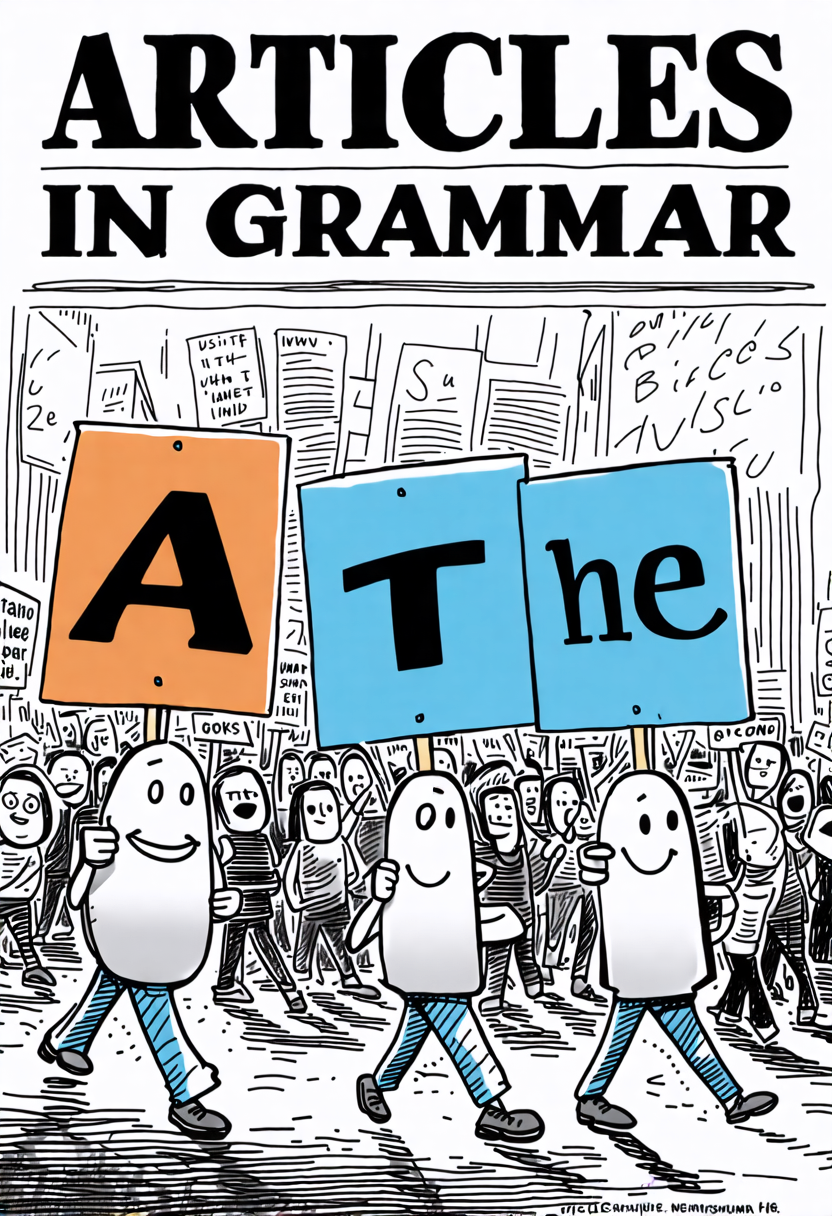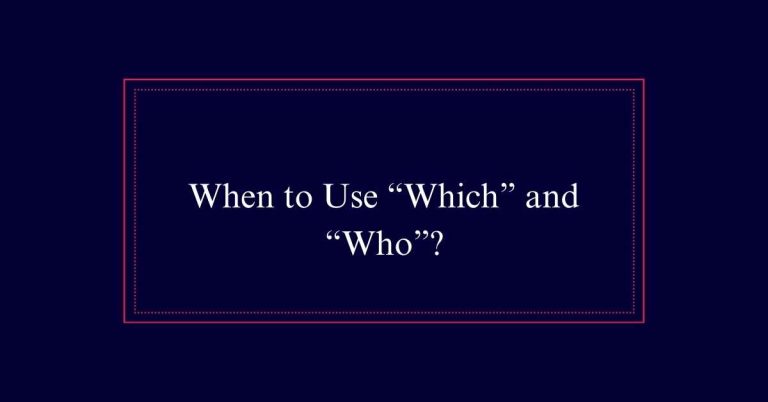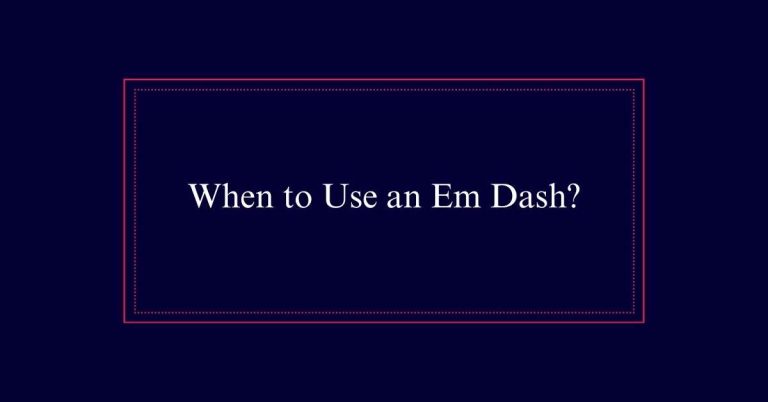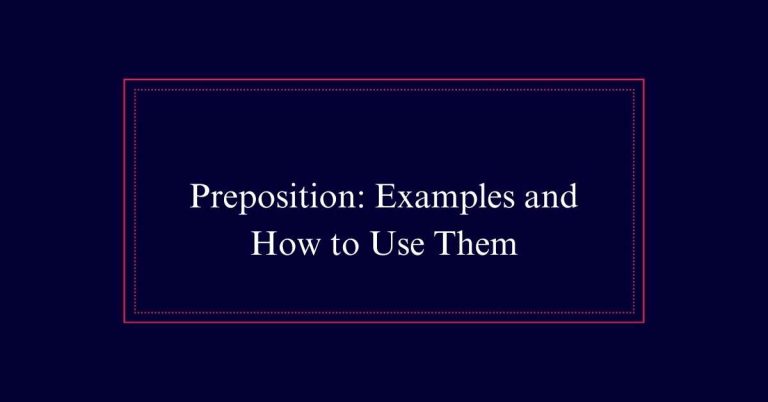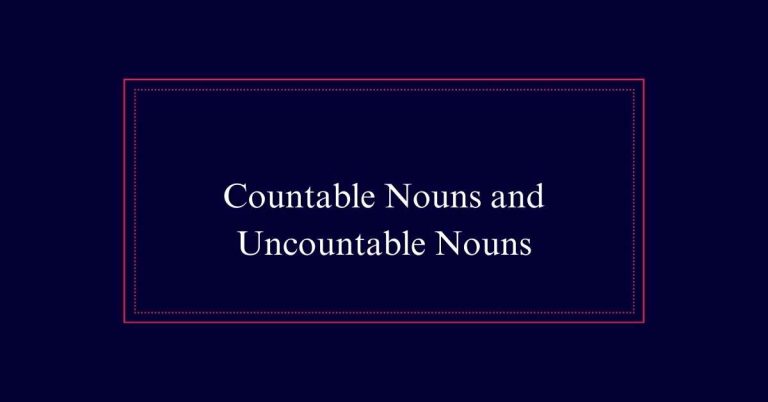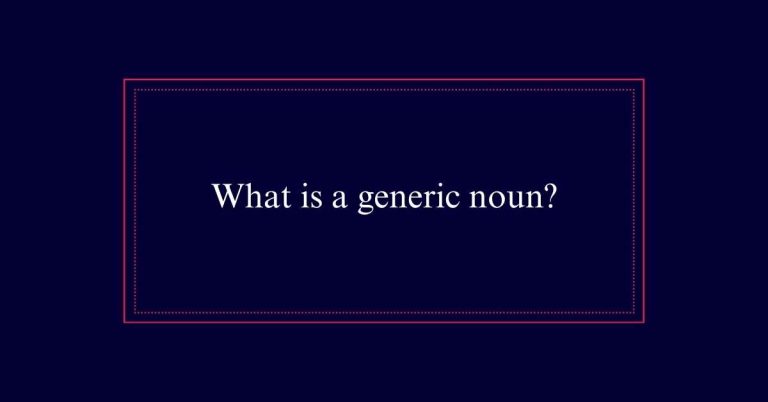Articles in Grammar: Definition and Examples
Articles in grammar are words that define the specificity of a noun. The definite article ‘the’ specifies a known entity, while the indefinite articles ‘a’ and ‘an’ refer to nonspecific items. ‘A’ is used before consonant sounds, and ‘an’ is used before vowel sounds, for example, ‘a university’ and ‘an hour.’ Articles help clarify communication by indicating whether we speak about something specific or general.
What Are Articles?
In English grammar, articles are words that define a noun as specific or unspecific. There are two types of articles: definite and indefinite.
The definite article is ‘the,’ which refers to a specific item known to the reader or listener. Indefinite articles include ‘a’ and ‘an,’ which refer to any item within a category, not a specific one. ‘A’ is used before words starting with a consonant sound, whereas ‘an’ is used before words starting with a vowel sound.
Articles help clarify whether we are talking about something particular or something more general. Proper use of articles enhances the clarity and accuracy of communication. Understanding their function is essential for mastering English grammar.
Definite Article Explained
The definite article ‘the’ specifies a particular noun that is already known to the reader or listener. It is used when the noun refers to a specific item that has been mentioned before or is clearly understood in the context.
For example, ‘Please hand me the book on the table’ indicates a specific book already known to both the speaker and listener. ‘The’ can be used with singular nouns, plural nouns, and uncountable nouns. It helps to distinguish a specific object, person, or concept from others.
For instance, ‘the sun’ refers to the specific star in our solar system, not just any sun. This usage guarantees clarity and precision in communication.
Indefinite Articles: ‘A’ and ‘An’
Introducing indefinite articles, ‘a’ and ‘an’ signify nonspecific items within a broader category. They are used with singular, countable nouns to indicate one item of a general kind. ‘A’ precedes words starting with a consonant sound, while ‘an’ precedes words starting with a vowel sound. The choice between ‘a’ and ‘an’ depends solely on pronunciation, not spelling.
Here is a table to illustrate:
| Indefinite Article | Example Noun | Example Sentence |
|---|---|---|
| a | book | I need a book. |
| a | car | She bought a car. |
| an | apple | He ate an apple. |
| an | hour | Wait for an hour. |
| a | university | She goes to a university. |
Usage of ‘A’ Vs. ‘An’
Understanding when to use ‘a’ versus ‘an’ hinges on the initial sound of the word that follows.
‘A’ precedes words beginning with a consonant sound, such as ‘a dog’ or ‘a university’ (where ‘university’ starts with a ‘y’ sound).
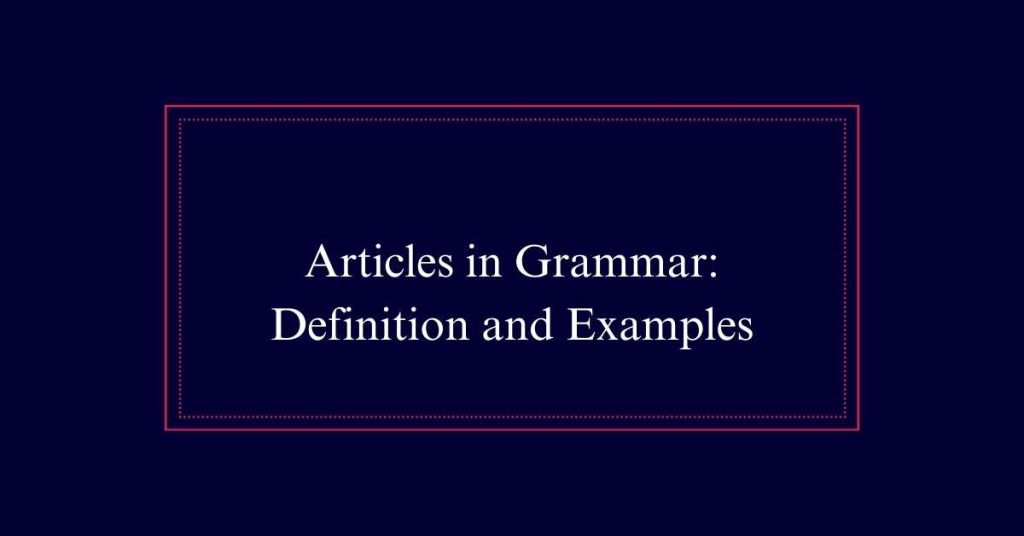
Conversely, ‘an’ is used before words that start with a vowel sound, like ‘an apple’ or ‘an hour’ (where ‘hour’ starts with a silent ‘h’).
It is important to note that the choice is based on sound, not necessarily the first letter. For instance, ‘an honorable man’ is correct because ‘honorable’ begins with a vowel sound.
Articles With Adjectives
When an article precedes an adjective, it still determines the specificity of the noun that follows. For example, in the phrase ‘a tall building,’ the article ‘a’ indicates that the building is one among many. Similarly, ‘the blue sky’ specifies a particular sky that is blue. It is important to place the article before the adjective to maintain proper syntax and meaning.
| Article | Adjective | Noun |
|---|---|---|
| a | tall | building |
| an | interesting | book |
| the | blue | sky |
This structure ensures clarity in sentences by accurately defining the noun, whether it is specific or general. Correct article usage with adjectives helps convey precise information.
When to Omit Articles
While using articles with adjectives helps specify nouns clearly, there are instances where omitting articles is necessary. Articles are often omitted before uncountable nouns, such as ‘information’ or ‘advice,’ since these nouns do not have a distinct quantity.
Possessive pronouns like ‘my’ or ‘her’ also do not require articles, as they already define ownership. Nationalities, school subjects, and languages typically do not need articles; for instance, ‘French’ or ‘mathematics’ stand alone.
Additionally, articles are usually omitted before meal names, drinks, and abstract nouns like ‘happiness’ or ‘freedom.’ When referring to specific geographical names, such as continents, countries, and cities, articles are generally excluded, ensuring clarity and grammatical accuracy.
Specific Nouns and Articles
Specific nouns often require particular attention when deciding whether to use articles. Articles help clarify whether a noun is known or unknown to the reader. Using the correct article with specific nouns can have a profound impact on the clarity of your writing. Here are some key points to bear in mind:
- Definite Articles: Use ‘the’ when the noun is specific and known to the reader. For example, ‘the book on the table.’
- Indefinite Articles: Use ‘a’ or ‘an’ when the noun is nonspecific or unknown. For example, ‘a book’ or ‘an apple.’
- No Article: Certain specific nouns, such as proper names, do not require an article. For example, ‘John’ or ‘Paris.’
Articles With Pronouns
In addition to specific nouns, understanding how articles interact with pronouns is also essential for proper grammar. Articles usually do not pair directly with pronouns. For example, we do not say ‘the my book’ or ‘a his idea.’
Instead, the article is applied to the noun that follows a pronoun if needed. For instance, ‘the book is mine’ or ‘an idea of his’ are correct usages. This distinction is important for maintaining grammatical clarity and precision.
The article helps specify the noun while the pronoun indicates possession or relation. Mastering these rules guarantees sentences are clear and correctly structured, avoiding confusion between articles and pronouns.
Articles and Acronyms
Using articles with acronyms can be tricky because the choice of article often depends on the sound of the first letter of the acronym.
For example, ‘an FBI agent’ is correct because the pronunciation starts with a vowel sound (‘eff’). Similarly, ‘a NASA scientist’ is appropriate because ‘NASA’ begins with a consonant sound.
When deciding which article to use, remember:
- Use ‘a’ before acronyms that begin with a consonant sound.
- Use ‘an’ before acronyms that begin with a vowel sound.
- Consider how the acronym is spoken, not how it is written.
These rules help maintain clarity and correctness in writing.
Common Article Mistakes
Many English learners struggle with common article mistakes that can confuse meaning and disrupt sentence flow.
One frequent error is using ‘the’ with uncountable nouns, like ‘the information’ or ‘the advice.’ Instead, these should generally be used without an article.
Another mistake is omitting ‘a’ or ‘an’ before singular countable nouns, such as in ‘I need pen’ instead of ‘I need a pen.’
Additionally, misuse of ‘a’ and ‘an’ based on consonant and vowel sounds can cause problems, like saying ‘a apple’ instead of ‘an apple.’
Lastly, overusing ‘the’ with general statements, such as ‘the happiness is important,’ is incorrect.
Correct usage helps convey clear, precise meaning in writing and speech.
Frequently Asked Questions
How Do Articles Affect Sentence Meaning?
Articles affect sentence meaning by specifying whether a noun is definite or indefinite. Using ‘the’ makes the noun specific and known, while ‘a’ or ‘an’ introduces a general, nonspecific noun, impacting clarity and precision.
Can Articles Change the Tone of a Sentence?
Yes, articles can change the tone of a sentence. Using “the” makes a sentence specific and formal, while “a” or “an” can make it more general and informal, impacting the reader’s perception.
How Do Articles Interact With Possessive Adjectives?
Articles are generally not used with possessive adjectives. For example, we say “my car” instead of “the my car.” The possessive adjective already specifies ownership, making the article redundant and grammatically incorrect.
